1. High Installation Costs
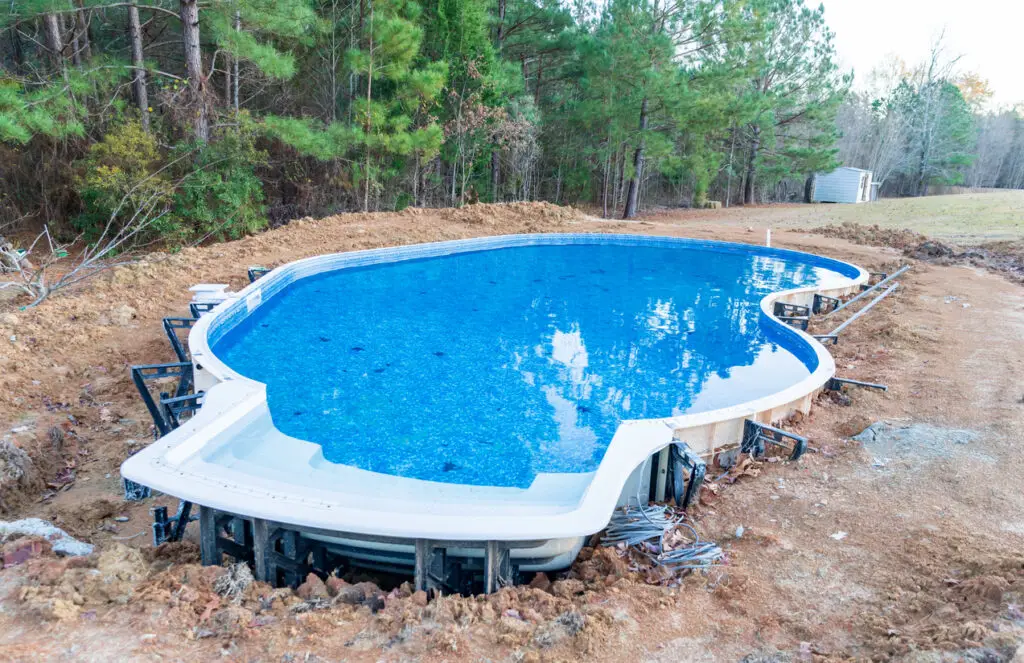
Pools are expensive to install, with upfront costs easily reaching tens of thousands of dollars. Beyond the pool itself, you’ll need to budget for landscaping, fencing, decking, and possibly permits. Even basic setups can add up quickly, making pools a costly luxury from the start.
2. Ongoing Maintenance Expenses

A pool requires constant upkeep, from cleaning and balancing chemicals to monitoring the filtration system. Hiring a pool service can cost hundreds monthly, and if you DIY, you’ll still need to purchase chemicals, brushes, vacuums, and other supplies regularly.
3. Increased Utility Bills

Running a pool’s filtration system, heater, and lights can make your electricity and water bills skyrocket. Even a modest-sized pool can add a substantial cost to your monthly utilities, especially during peak summer months.
4. Safety Risks and Liability
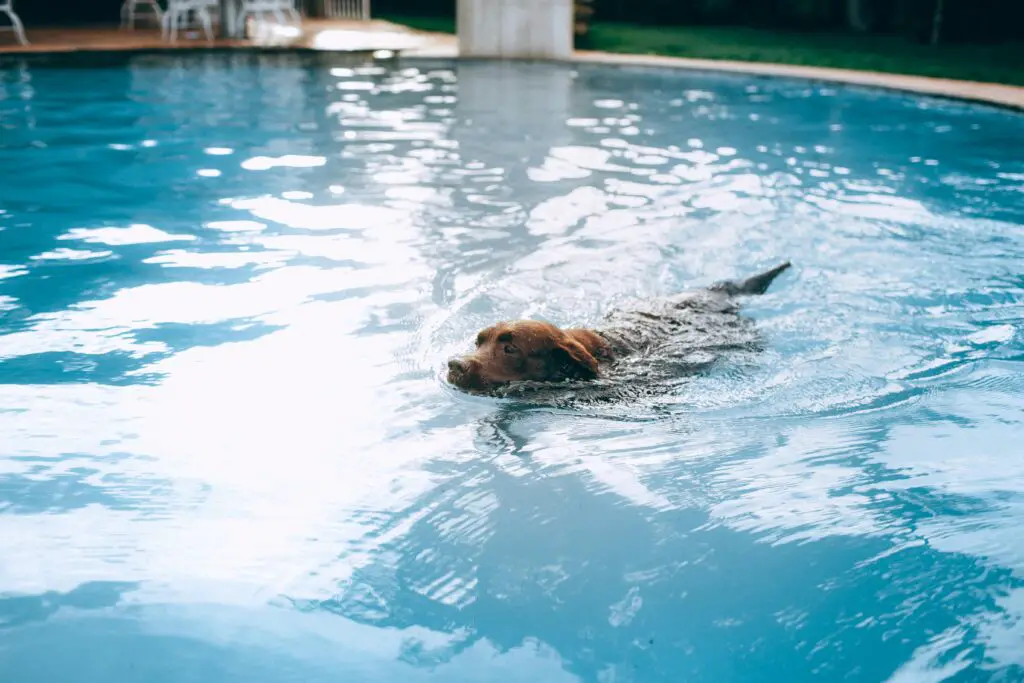
Pools can be a serious safety hazard, particularly for families with young children or pets. Even if you don’t have kids, neighborhood children could wander onto your property, and you may need to install additional safety measures to avoid accidents. The liability risks can be high, impacting your peace of mind and possibly your insurance.
5. Higher Home Insurance Premiums
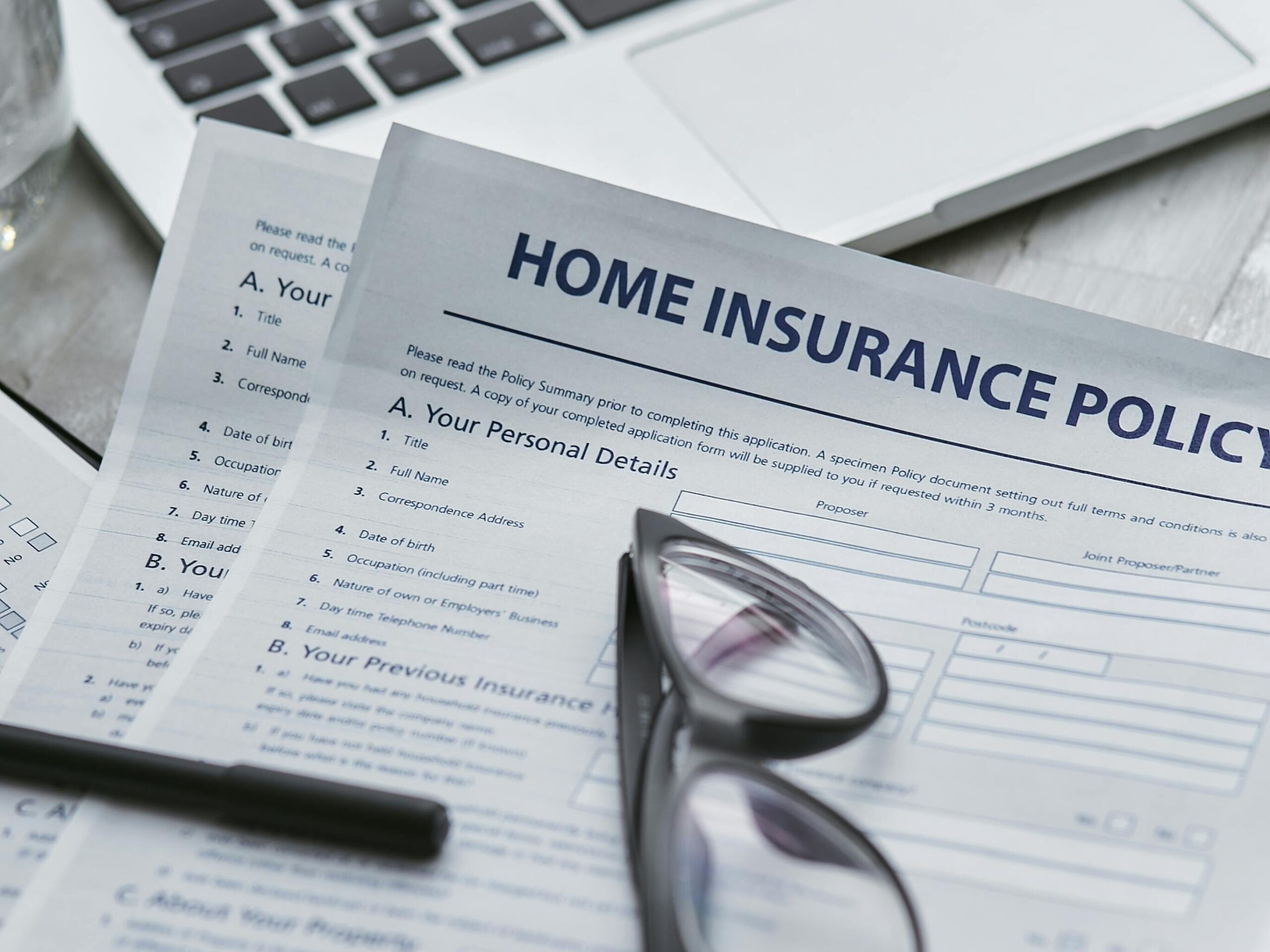
Because of the liability risk, homeowners’ insurance often increases for homes with pools. Some policies even require specific coverage add-ons, which can be costly. In some cases, you may even have to change insurers, depending on the policy terms.
6. Reduction in Backyard Space
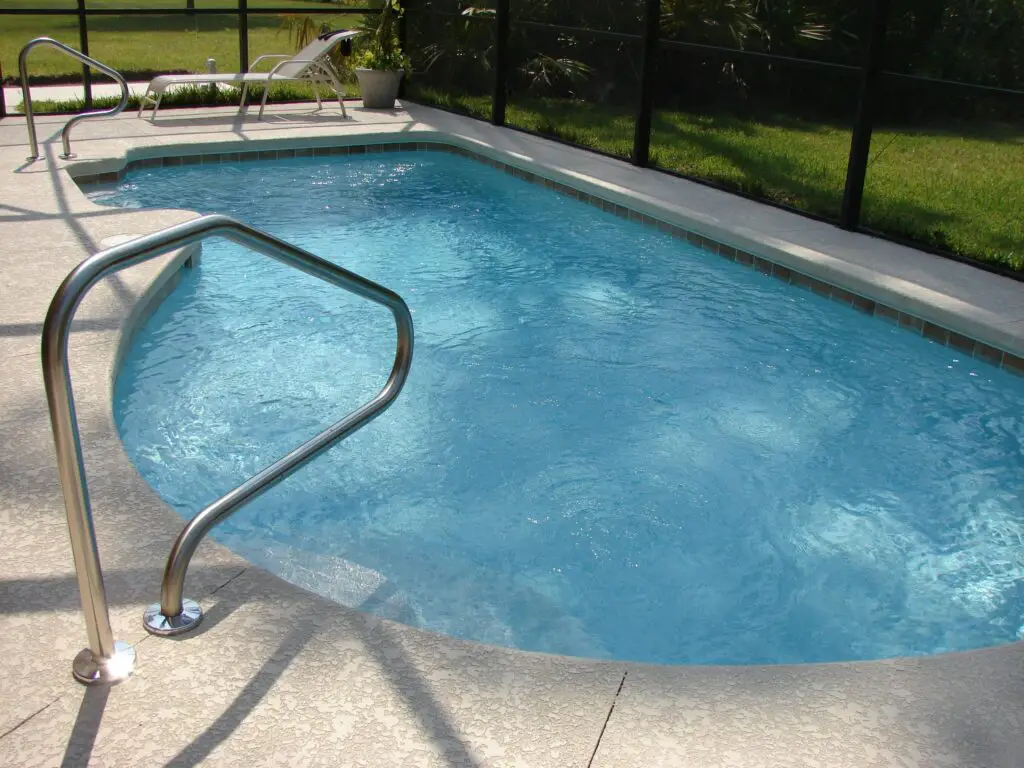
A pool takes up a lot of space, leaving you with less room for other backyard features. If you love entertaining, gardening, or just open green space, you might find a pool restricts how you can use your outdoor area in the future.
7. Short Swimming Season
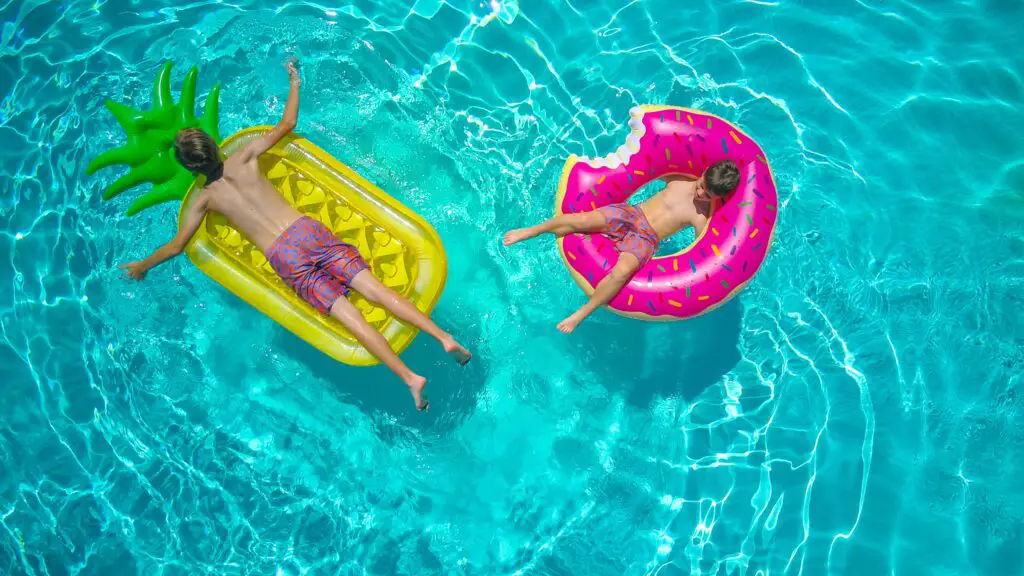
In most climates, a pool is only usable for a few months each year, making it a limited investment. You might spend a lot on installation and upkeep only to use it for a small part of the year, especially if you don’t have a pool heater or live in a colder climate.
8. Potential for Property Damage

Pools come with risks to your property, from leaks that damage your foundation to flooding that can erode landscaping. Older or improperly installed pools can be particularly prone to these issues, resulting in costly repairs or even extensive water damage to your home.
9. Challenging Resale Market

While pools are appealing to some buyers, they’re a turnoff to others who don’t want the maintenance burden or liability. In some areas, a pool can even reduce your home’s value, making it more difficult to sell or limiting your pool of potential buyers.
10. Time-Consuming Maintenance

Even if you enjoy pool upkeep, it’s time-consuming. Cleaning, brushing, testing water, adjusting chemical levels, and checking equipment can take hours each week. For many people, the commitment of maintaining a pool outweighs the enjoyment.
11. Susceptible to Weather Damage
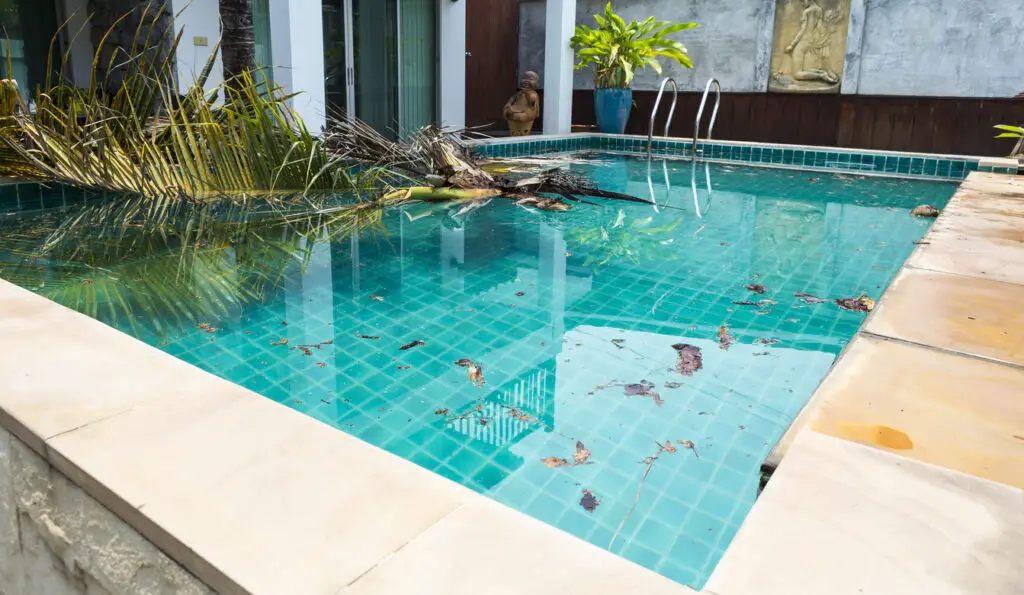
Pools are exposed to the elements and can suffer from temperature fluctuations, storms, and even minor natural disasters. Cold winters can damage pipes and filters, and severe storms may cause debris damage, necessitating repairs or even early replacement.
12. Environmental Impact
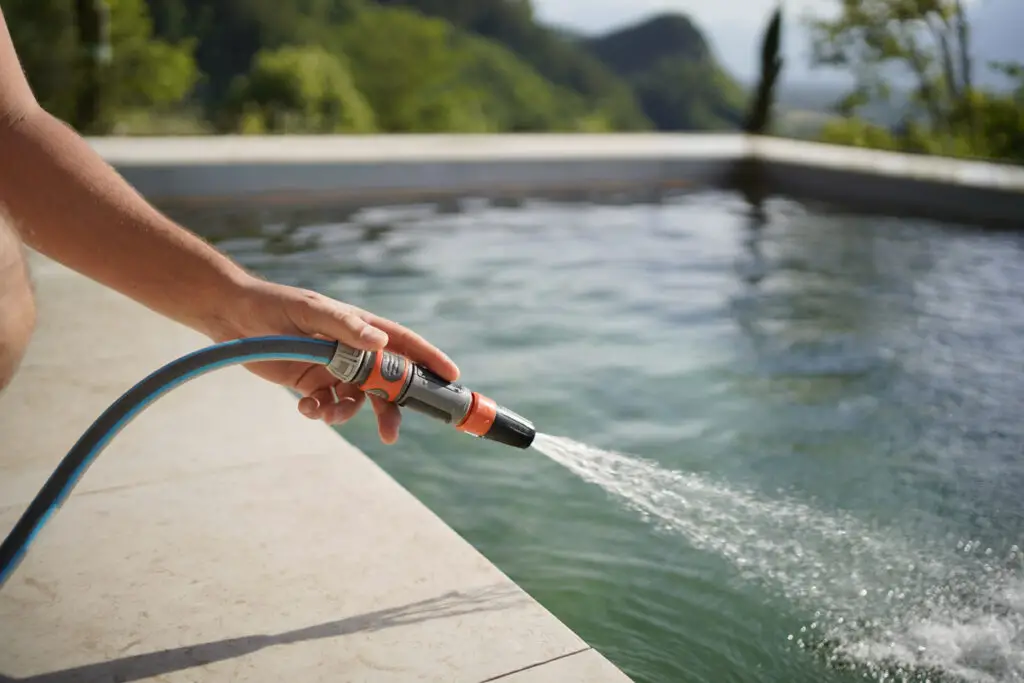
Pools require significant water and electricity, impacting your carbon footprint. Additionally, pools that aren’t carefully managed can leak chlorine and other chemicals into surrounding soil, which can harm local plants and ecosystems. For environmentally conscious homeowners, a pool may feel like a less sustainable choice.
While a pool can be enjoyable, these drawbacks are worth careful consideration before diving into the commitment.
